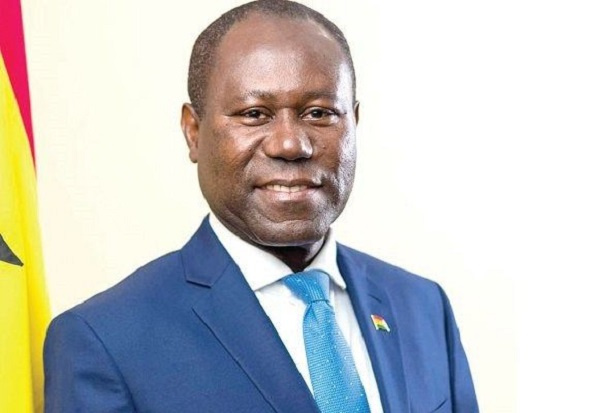Ghana Cocoa Board (COCOBOD) has vehemently denied claims that it was rejected by international banks in its quest to secure a $1.5 billion loan for the 2024/2025 cocoa crop season.
This comes after Minority Leader Cassiel Ato Forson alleged that the loan request failed to attract interest from international banks due to COCOBOD’s poor financial health and the reported decline of the cocoa sector under its current management.
However, in a statement issued on Friday, August 22, COCOBOD countered that syndicated banks had submitted term sheets in response to its earlier Request for Proposals (RFP) for consideration, describing the Minority’s assertion as “false”.
COCOBOD explained that these transactions have necessitated discussions with financial institutions, emphasising that nothing indicates a lack of confidence in its creditworthiness.
“The assertion by the Minority Caucus that the International Banks have rejected the Ghana Cocoa Board’s request and that COCOBOD was ‘chased away’ from the market is false. This is so because syndicated banks submitted term sheets in response to COCOBOD’s earlier Request for Proposals (RFP) for consideration.
“Indeed, notwithstanding our intentions to wean off syndicated transactions, we still have committed contracts that need to be fulfilled through the syndicated process.
These transactions have necessitated a discussion with financial institutions, and nothing in this process indicates, to us, a lack of confidence in COCOBOD’s creditworthiness from these financial institutions.”
COCOBOD criticised the Minority for issuing a press statement containing numerous “falsehoods, inaccuracies, and misrepresentations” about the current state of the cocoa sector and COCOBOD’s decision to transition away from syndicated external borrowing.
The board categorically denied the Minority’s claim that its decision to source funding domestically is a ‘face-saving’ measure to conceal its financial difficulties, describing this assertion as “categorically untrue”.
“The Minority’s claim that COCOBOD’s decision to source funding domestically is a ‘face-saving’ measure to hide its financial difficulties is categorically untrue.”


